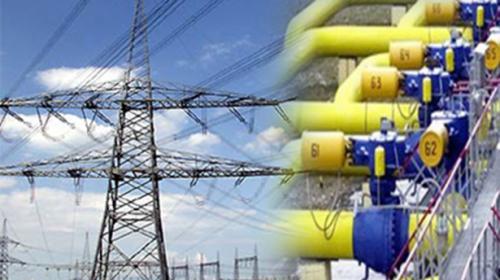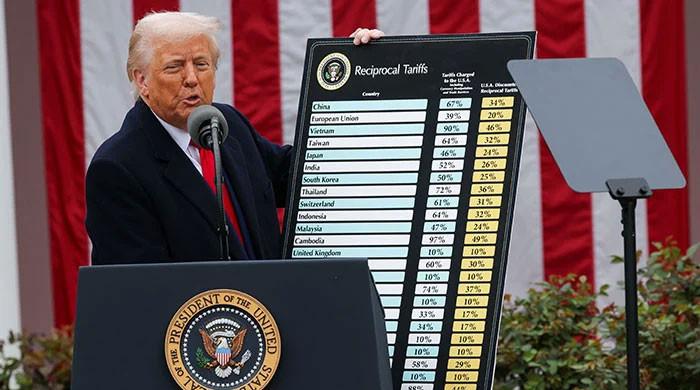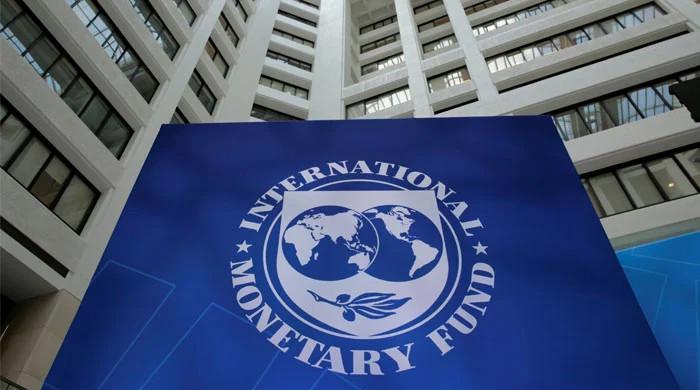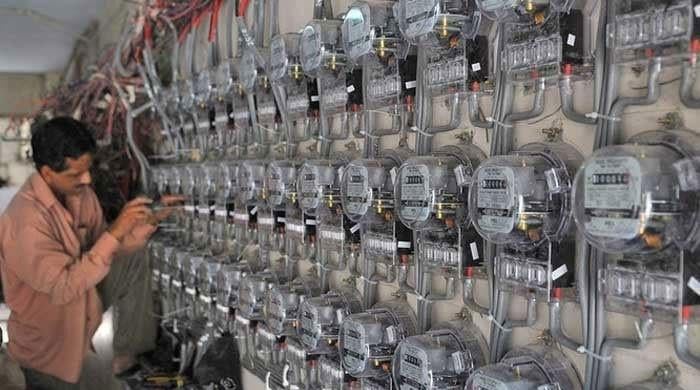Zero loadshedding for industrial sector till December
ISLAMABAD: In a positive development, the Ministry of Water and Power has announced that all industrial sectors will be exempt from electricity loadshedding till December 2015. It says that this...
September 24, 2015

In the last several years, energy shortage had been a ‘dominant constraint’ to economic growth and it was the reason the economy grew by less than four percent.
To this effect, all electricity Distribution Companies (DISCOs) have confirmed to the Ministry of Water and Power that the decision of zero loadshedding for all industries throughout the country was being implemented.
The decision will help increase exports of the country, particularly the export products of the textile sector. The uninterrupted supply of electricity will also help the export-oriented industrial sector to leverage the GSP Plus facility, a senior official of the Ministry of Water and Power told The News on Wednesday.
In 2015, the power sector has been able to utilise 90 percent of its available generation capacity and reaching to record 16,890 MW electricity generation. Domestic loadshedding has been reduced from 8-11 hours to 6-8 hours and bringing industrial loadshedding from 8-12 hours to zero.
Cost minimisation and improvement in cash flow has been ensured by implementing the merit order dispatch i.e. using economical plants first, introducing uniform load management, and differentiated load management by identifying higher theft areas and bringing all DISCOs collection to CPPA.
Every year, the energy crisis in Pakistan took away around 2 percent of the economy. “We have estimated that Pakistan is losing 2 percent of GDP every year due to energy crisis,” official said.
Interestingly, there exists high correlation between growth rate of GDP and that of energy consumption. Historically, during the periods of high growth rate of energy consumption was followed by high growth rate of GDP, conversely periods of lower growth in energy consumption caused lower growth in the GDP.











